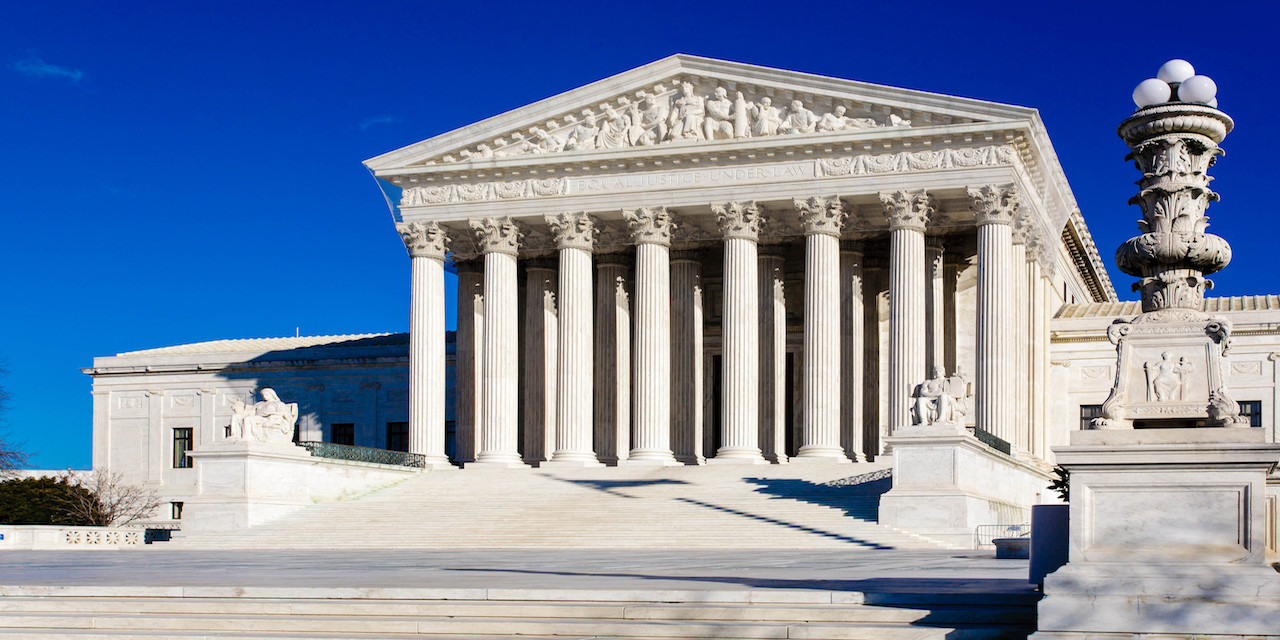WASHINGTON — One of the most recent decisions from the U.S. Supreme Court could have the greatest impact on employment and class action law of any case in years.
Noah Finkel, a partner at Seyfarth-Shaw in Chicago, told the Cook County Record that the court’s ruling in Epic Systems Corp. v Lewis could be “potentially the most significant decision in employment law since the Wal-Mart v. Dukes case," of 2011.
The U.S. Supreme Court ruled on May 21 in Epic that employers can legally require potential employees to sign agreements waiving their rights to file or participate in class action lawsuits over employment matters.

Noah Finkel
| Seyfarth Shaw
In a 5-4 decision, the court found employers can require and enforce arbitration agreements with class waivers without violating the National Labor Relations Act (NLRA).
This decision means that “there is no longer any reason under the law why an employer cannot require its employees to waive the ability to bring a class or collective action under federal, state and local employment laws,” according to a an article co-authored by Finkel and published on Wagehourlitigation.com, a blog maintained by Seyfarth-Shaw.
The Epic decision comes about seven years since Wal-Mart v. Dukes, when the Supreme Court set requirements for plaintiffs to follow when filing class action lawsuits against employers.
Finkel said class action suits “cost employers a disproportionate amount of money.”
“Employers who maintain arbitration programs with class waivers now know [the ruling] will greatly reduce their potential exposure to class and collective actions,” Finkel said, in an interview. “Employers who do not have arbitrations programs with class waivers now must consider whether one is appropriate for them.”
This ruling does not mean that employees will be completely unable to bring group lawsuits against employers.
Both the the Federal Arbitration Act (FAA) and Private Attorneys General Act (PAGA) could still allow for group litigation at the federal and state levels, according to the post on Wagehourlitigation.com.
The ruling also does not affect the ability of the U.S. Department of Labor or the U.S. Equal Employment Opportunity Commission to enforce protections for employees, regardless of class waivers.
The blog post also warned that an attorney could bring many single-plaintiff lawsuits against one employer, which could be more expensive for the employer to defend than one class action lawsuit.
The high court decided, even though the FAA states that courts must enforce arbitration agreements, the NLRA does not conflict with that rule because it only upholds employees' rights to unions and collective bargaining, not class action lawsuits.
The court, however, clarified the NLRA only protects workers’ rights to freely associate in their workplaces.
Justices Ruth Bader Ginsburg, Elena Kagan, Sonia Sotomayor and Stephen Breyer expressed their dissent, stating that the NLRA was originally enacted to “level the playing field” for employees who “have unequal bargaining power against the employer."
“It is possible that Congress could pass a bill that would reverse this decision, but that likely could not be passed until 2019 at the earliest, and it likely would not be signed into law until 2021 at the earliest,” Finkel said in the interview. “If employees want to change their working conditions, they should organize a union rather than have one of the employees hire a lawyer to file a class action lawsuit.”
